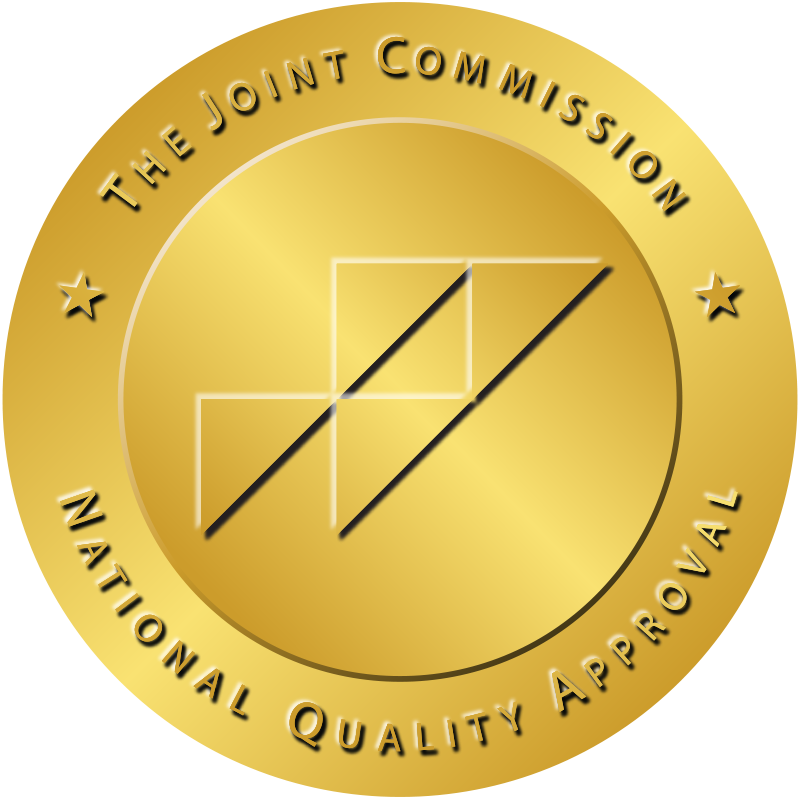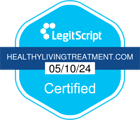When treating addiction, the key component of rehabilitation treatments will be the counseling aspect of the chosen approach. Traditional addiction treatment is based on counseling, for it’s these professionals that help the incoming patients to identify the patterns of behavior and root causes that have led to the addiction being treated. By addressing such issues first-hand and incorporating these into the rehabilitation process, treating professionals can provide more appropriate and effective paths to recovery. When choosing the right residential rehab treatment in Los Angeles for your case, it’s good to look for teams of qualified counselors that will be equipped to address the issue properly as they help the patient through the difficult path ahead.
How Counselors Approach the Patient
The first goal of treating professionals is to break down the patient’s denial of their addiction, for this refusal to accept the situation indicates there is a lack of willingness from them to properly confront their addiction and its underlying causes. This continuation of self-destructive patterns and indisposition to take action to improve upon their situation is a byproduct of addiction in and of itself and is the first thing to be addressed and deconstructed by the counseling team. This is not necessarily born out of spite or stubbornness, but it’s actually more of a knee-jerk reaction based on fear to confront their own behavior and subsequently deal with the stuff underneath.
Group Counseling
Not only is it logistically convenient to implement group counseling into a residential rehab treatment program, but it is also helpful for the patients in question to communicate and interact with other people in the same situation as them. As much as professional counselors empathize and understand the theory of the conditions they are treating, unless they themselves have gone through addiction (and some of them have), they might not necessarily be aware of the more nuanced experiences that addicts go through. Talking with other patients who are undergoing treatment and discussing their shared experiences with addiction and subsequent rehabilitation can help them address their issues in a more comfortable environment.
The patient’s loved ones also come into play in counseling. Because these are the people who the patient cares for, and are hence affected to some degree by their addiction, their participation in the rehabilitation process is often vital to the patient’s recovery. By communicating these issues and discussing how each person’s actions affect the others, everyone involved can properly understand the situation and to know how to further address any interactions in the future. Family and friendship units and their dynamics could contribute to the patient’s addiction, so treating the unit itself is a key part of the process.
Contact a Residential Rehab Treatment in Los Angeles
Healthy Living Treatments puts in extra effort into providing a comfortable environment for those seeking addiction treatment. This is a key part of the process because it is only through an understanding approach that the initial refusal to seek treatment can be properly taken down. Our team of experienced professionals, some of who have gone through these treatments themselves, are ready to help patients address the underlying issues of addiction. For more questions about Healthy Living’s residential rehab treatment in Los Angeles and how it can help you or a loved one, you can reach out to us by calling (661) 536-5562.






